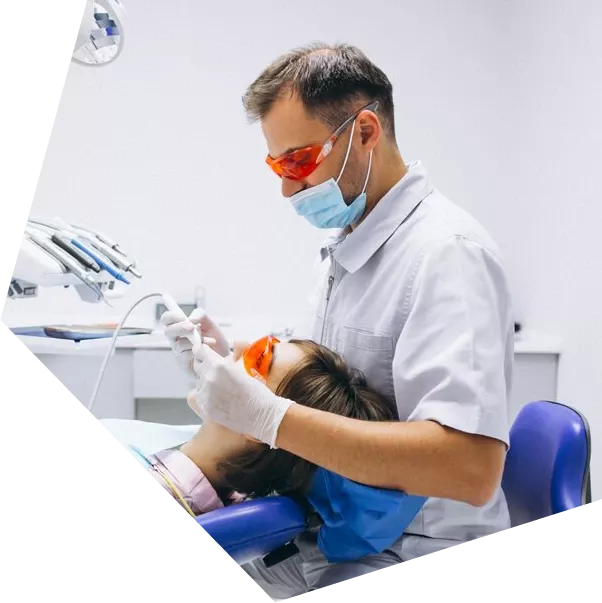Why Choose Academically?
Get Mentored from the best
Get mentored by Dr. Akram Ahmad in every step of your journey at Academically.

Dr. Akram Ahmad
Founder, CEO and Health Career Coach
BPharm, PharmD, PhD (University of Sydney, Australia)
Academically.com is the brainchild of Dr. Akram Ahmad. He has done his PhD from the Faculty of Medicine and Health, the University of Sydney, Australia. He is a self-motivated clinical pharmacist and committed lecturer with over 10 years of teaching and research experience in various subjects of medicine at the leading universities in Australia, Malaysia, and India.
Know MoreA Distinctive Healthcare EdTech Solution
Our distinctive courses offered in an integrated platform like no other, with a comprehensive curriculum, make us a one-stop solution for all healthcare professionals.

Customised Study Plan
Our study plan helps you prepare for the exam while pursuing your full-time job so that you can learn at your own pace, in your own time.

Placement Assistance
Academically offers complete support in building your resume, cracking the interviews, and applying to the best jobs in Australia.

Live Interactive Sessions
We bring the faculty and interactive classroom to your home, through your laptop/phone screens.

Loan EMI Support
Cash crunch? We offer easy payment and installment solutions to ensure learning doesn’t put a load on your finances.








































